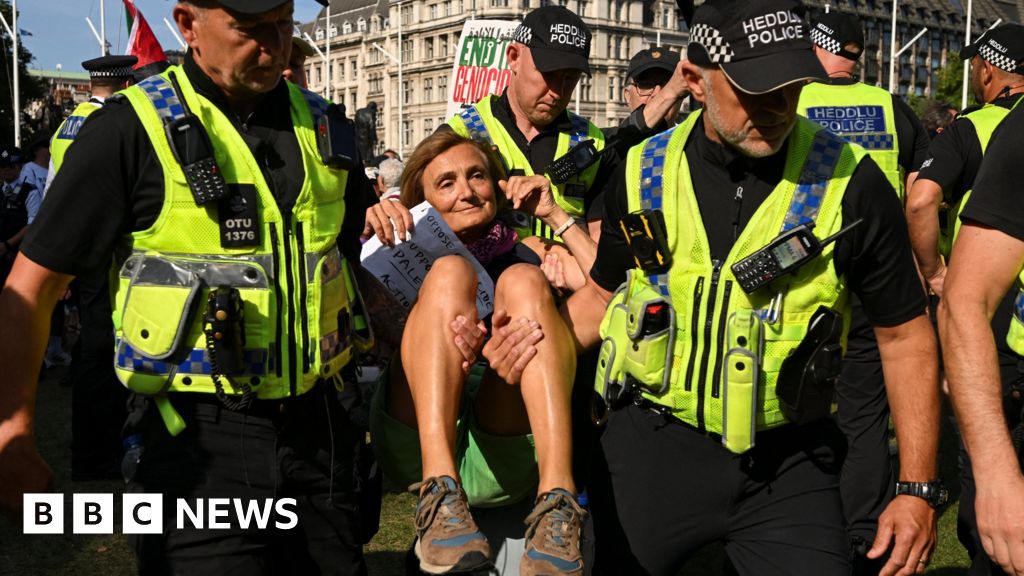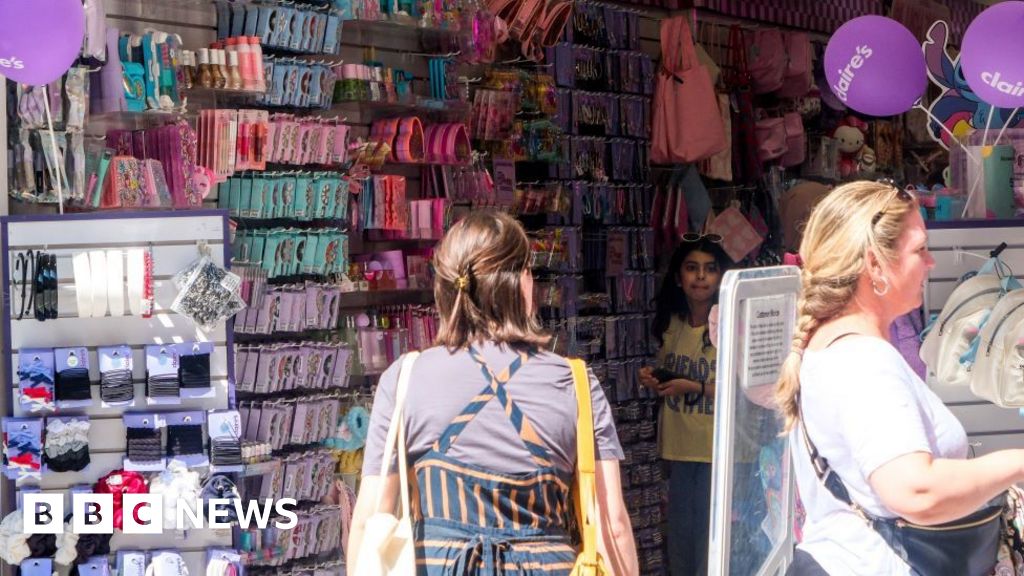Washington, D.C. Newsroom, Apr 24, 2025 / 15:45 pm
High-ranking heads of state and Catholic bishops in China have remained notably silent following the death of Pope Francis, while reactions from political and religious leaders across the globe poured out on social media within hours of the pope’s passing on Monday morning.
AsiaNews reported on Tuesday that Chinese officials are not permitted to express themselves publicly on Pope Francis’ death due the Chinese Communist Party (CCP)’s control over the Church there.
The Chinese government offered a brief statement nearly 24 hours after the Holy Father’s passing, only after reporters asked foreign ministry spokesperson Guo Jiakun about it on Tuesday.
“China expresses its condolences for the death of Pope Francis,” he said, adding that “in recent years, China and the Vatican have maintained constructive contacts and engaged in useful exchanges. China is ready to work with the Vatican to promote the continuous improvement of China-Vatican relations.”
Notably, the CCP posted a tribute to Pope Benedict XVI after his passing two years ago, stating: “We entrust Benedict XVI to God’s mercy and ask him to grant him eternal rest in heaven.” Several days have passed since Pope Francis’ death with no similar statement from the CCP.
“I mean, it’s really astonishing because they have an agreement with the Vatican,” Hudson Institute Fellow Nina Shea told CNA on Wednesday. “It’s a reflection of their refusal to acknowledge the supremacy of the papal authority over the Catholic Church and that they see the pope only in secular terms as a head of state, the Holy See.”
The Vatican-China agreement to allow Chinese-appointed bishops in the Catholic Church was renewed last year and is set to remain intact until October 2028, despite numerous reports of Chinese violations of the deal and continued persecution against Catholic bishops.
“The absence of condolences,” Shea said, “is a sign that they do not see the pope as the religious head of the Catholic Church and they do not want their people to associate the pope, the papacy, with the Catholic Church in China.”
“This shows the futility of the Vatican’s approach,” she added.
Catholic priests and bishops in China are required to join the Chinese Catholic Patriotic Association, she explained, which entails a pledge of independence from foreign influence — which includes the pope.
Shea further described the Patriotic Association’s decision to remain silent on Pope Francis’ death as “a tightening of messaging,” which she said “is a continuous process in communist China.”
Indeed, this shift comes as new regulations on religious activities in China are set to roll out across the country May 1.
According to the new rules, “collective religious activities organized by foreigners in China are restricted to foreign participants only” with few exceptions. In addition, foreign clergy are banned from presiding over religious activities for Chinese people without the invitation of the Chinese government, severely limiting foreign missionary activity in the country.
In light of these stricter regulations, Shea pointed out, risk is elevated for bishops or dioceses who might signal allegiance to the Vatican.
Post-conclave Vatican-China relations
With China appearing to back away from its strained diplomatic relationship with the Vatican after Pope Francis’ death, the future of the Vatican-China agreement is unclear. “There’s a lot of deception on the part of the Chinese about what it intends to do vis-a-vis the Vatican,” Shea said.
(Story continues below)
Subscribe to our daily newsletter
China retains the upper hand, she explained, because “the only leverage that the Vatican has is its moral authority.” Unlike the Maoist regime, Xi Jinping’s China will not carry out a bloody persecution of Christians that will stir international outrage and incur economic sanctions and other consequences for the regime.
“The Chinese are afraid to really openly crack down on the Church, so they want to disguise it and cover it up with diplomatic gestures,” she said, “They’ve abandoned the bloodier practices of the Mao period because they want Western trade and Western investment. And that’s what dictates the difference between their treatment of the Uyghurs and the treatment of the Catholic bishops.”
“The persecution of the Church [in China] is surgical,” Shea said, noting that while overt bloodshed is not the CCP’s play, the CCP has imprisoned 10 bishops — some for more than a decade — and systematically prevented the appointment of new bishops in cooperation with Rome, as the country’s remaining bishops continue to die of old age year by year. It has also abolished dioceses across the country.
“They go after the bishops and priests,” Shea continued. “They know that it’s a hierarchical church, so they’re not doing mass imprisonment or mass detention like they did with the Uyghurs, because it is a hierarchical church. They don’t have to. They can decapitate [the Church] by rounding up bishops who are not cooperating that they know about.”
“That’s why I think they should be underground,” she stated.
As it stands, Catholic bishops run the risk of being “cruelly punished” by the regime with no due process, being “locked away in isolation for decades on end, or a years on end, or have their lives interrupted every other month with a detention, which you never know is going to come and it’s indefinite,” Shea said. They are repressed, but in such a way of “not driving away international investment and trade by the drawing the eye of the West.”
As a conclave approaches, Shea expressed hope that the next pontiff will alter Vatican relations with China and ultimately abandon their fraught agreement.
“The deal made things much worse because the Vatican is now actually covering up for the Communist Party in China and is covering up the persecution of the Church,” she said. “It’s been the policy in the Vatican since the 1990s to never criticize China in any way, regarding the Church or other atrocities such as forced abortions or the one-child policy.”
Shea added: “I would encourage the U.S. [Vatican] ambassador [nominee] Brian Burch to try to open up their eyes to what is being covered up.”
 (1).png)
 3 months ago
120
3 months ago
120


















